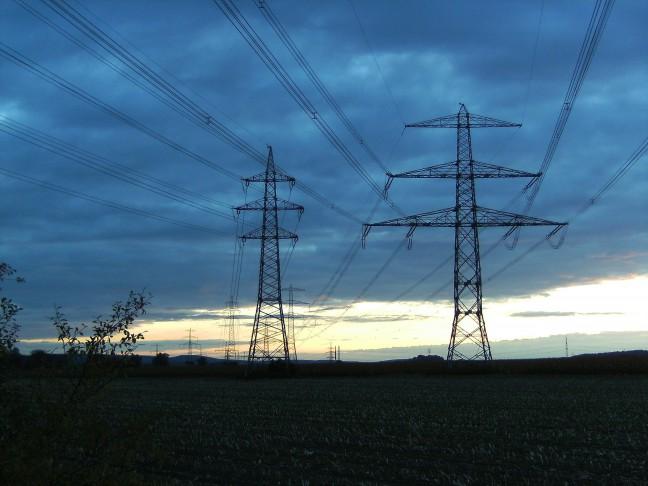Xcel energy and the American Transmission Company have proposed a plan to build a new transmission line running from Madison to Lacrosse, which would be one of the most expensive in the history of the state and has raised concerns among some environmental advocates.
The proposal is currently being considered by the Public Service Commission, which is holding public hearings throughout the state this week. According to Nathan Conrad, spokesperson for the PSC, the commission is taking the line’s length and route into consideration.
The line would improve energy transmission throughout the Midwest, making possible alternative forms of renewable energy that are not currently available, Lucas Nelson, an energy policy associate with the Center for Rural Affairs, said.
“If someplace in Wisconsin wants to make use of wind energy but they can’t build a wind farm locally, it’s a big deal to be able to get that energy from the grid,” Nelson said.
The current system, which Nelson said is not built to connect to rural areas, does not allow for this type of expansion. This is a limiting factor on what kind of renewables can be produced in the state.
The proposed line would run between 160 and 180 miles and cost between $540 million and $580 million, depending on the accepted route, according to the American Transmission Company’s website. The project would be paid for by increased rates for ATC and Xcel’s customers, not all of who live in Wisconsin, according to Nelson.
“[Funding] would come from rate payers in the Miso region,” Nelson said. “Miso is a regional transmission operator, so because the operation will help serve the whole region part of the cost will come from Wisconsin rate payers, but much of it will come from outside Wisconsin.”
According to the ATC, the line would provide economic savings in the long run by improving efficiency, providing greater access to the wholesale energy market and connecting to better quality renewable resources.
Nelson emphasized the need for those that would be effected the project — local land owner and shareholders — to have a stake in the project.
“The developers need to make sure that local communities have a say in the project and that they’re doing it in a way that works best for those local areas. It’s just a lot of work to make sure that any new transmission is developed in the right way,” Nelson said.
A fact sheet published by environmental advocacy group Clean Wisconsin expressed concerns about the environmental impact of the proposed route, specifically, cutting down native hardwood trees, contributing to erosion in sensitive areas on Western Wisconsin.
The organization outlined two additional routes for the line, which would circumvent these sensitive wetland and woodland areas, but also add considerable distance to the line.
The PSC’s remaining public hearings on the proposal are taking place in Lawrence, Wisconsin Thursday, and in the Wisconsin Dells Monday. However, Conrad said there is opportunity for the public to voice their opinion beyond these hearings.
“The public comment period itself will be open until Jan. 6, where any member of the public that’s interested can leave a comment for the Public Commission that will be part of the record, and the record is what the commissioners base their decision on,” Conrad said.
Comments can be made at psc.wi.gov, under the Public Comments tab, on the Badger Coulee 345 kV Transmission Project case.


